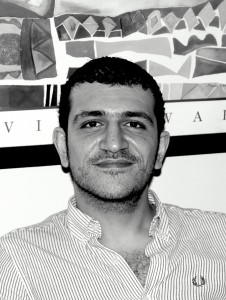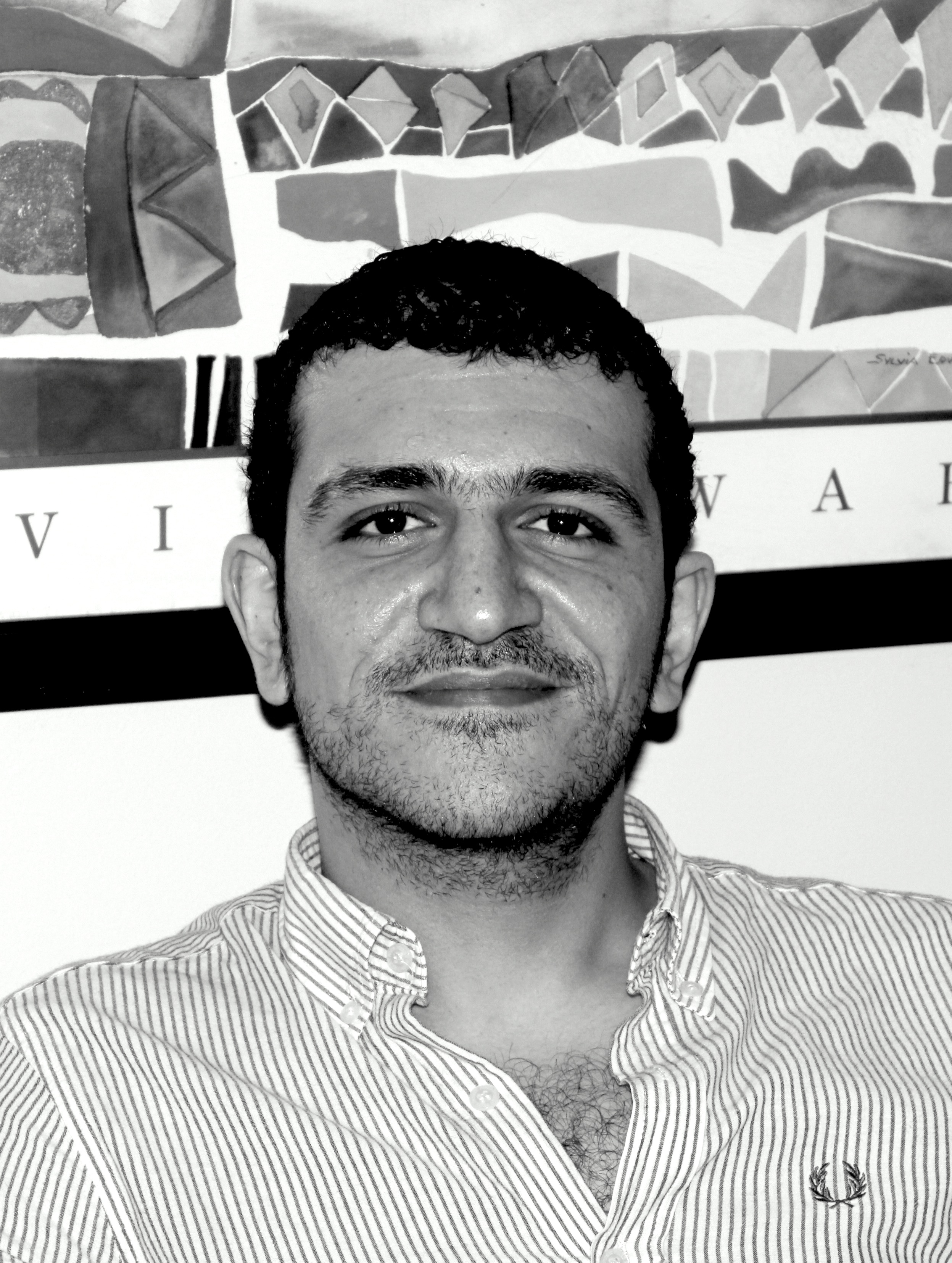 Could it all be just a big bubble? How big will the clout of zealous political Islam get before Egyptians begin to realise that it’s just another trick to mobilise masses and score votes? At the expense of painting with a broad brush, political Islam in Egypt might be a bubble close tobursting.
Could it all be just a big bubble? How big will the clout of zealous political Islam get before Egyptians begin to realise that it’s just another trick to mobilise masses and score votes? At the expense of painting with a broad brush, political Islam in Egypt might be a bubble close tobursting.
The underdog status which gave political Islam much of its profile in Egypt is petering out, which is not say that the ideas are dying, but rather the people’s belief in the ability of their elected officials to affect tangible difference is changing .Sooner or later, Egyptians will realise that politics being played have nothing to do with religion, and everything to do with political gain in the name of religion.
The average Egyptian is a clever individual by and large, and the multitude of shameful claims made by some of the intellectual elite on the political immaturity of average Egyptians and their susceptibility to fall victim to religiously propelled political propaganda are without factual merit.
A natural and logical rebuttal to my argument would be a question on the lines of “What about the turnout of the last parliamentary elections?”
The previous elections took place against the backdrop of an extremely charged political atmosphere. The level of uncertainty that loomed over the previous electoral process was the most influential factor on voter turnout.
It took place amid confusion and contradictions, violations of campaign rules and an absence of a firm regulatory authority to monitor, and more importantly, enforce such rules, in times of deceptive constitutional amendments and a bipolar struggle for power and governance.
In such volatile times, it’s fairly easy for the mundane to come off as sublime, for the malicious to seem righteous, for the absurd to pass as not only reasonable but logical; for the emotional to completely take over the rational. It’s a human condition; it has little to do with us being Egyptian and everything to do with us being only human.
Today’s political atmosphere is much less dramatic, or to be more accurate, the drama is much more grounded than during the previous parliamentary elections. Voting for parliament, as a political exercise, is no longer smoke and mirrors. Yes, the political map still lacks a strong opposition bloc, but political awareness is definitely on the rise.
Egyptians are inherently religious, and have been long before political Islam rose to the fore. Faithhas always been, and will continue to be, an integral component of the Egyptian social fabric, one that continues to shape Egyptian identity. The core teachings and principals of religion are evident even in the least religious of us.
You can sense it in the warmth of daily social interactions, in the communal characteristics of our society that stand in stark contrast to the individualism that is prevalent in other societies.
However, the current marriage of politics and religion cannot last for long; it’s simply alien to our culture as Egyptians. The utilisation of faith in political rhetoric will soon be prove redundant, simply because the majority of Egyptians will see right through its lack of depth and infinite hypocrisy.
The coming round of parliamentary elections will prove that as times goes by, more Egyptians will break free from the shackles of regression and religious zeal. Simply because we’re nation whose faith emanates from within, we have no use for missionaries-cum-politicians to educate us on how to lead our lives in accordance with our faith.




